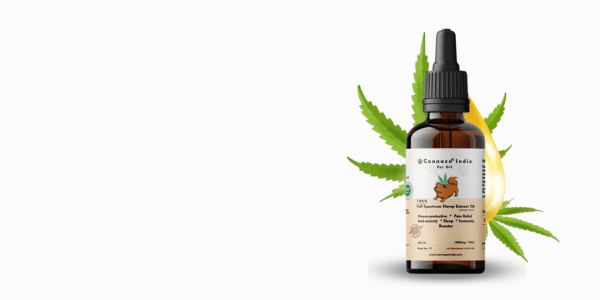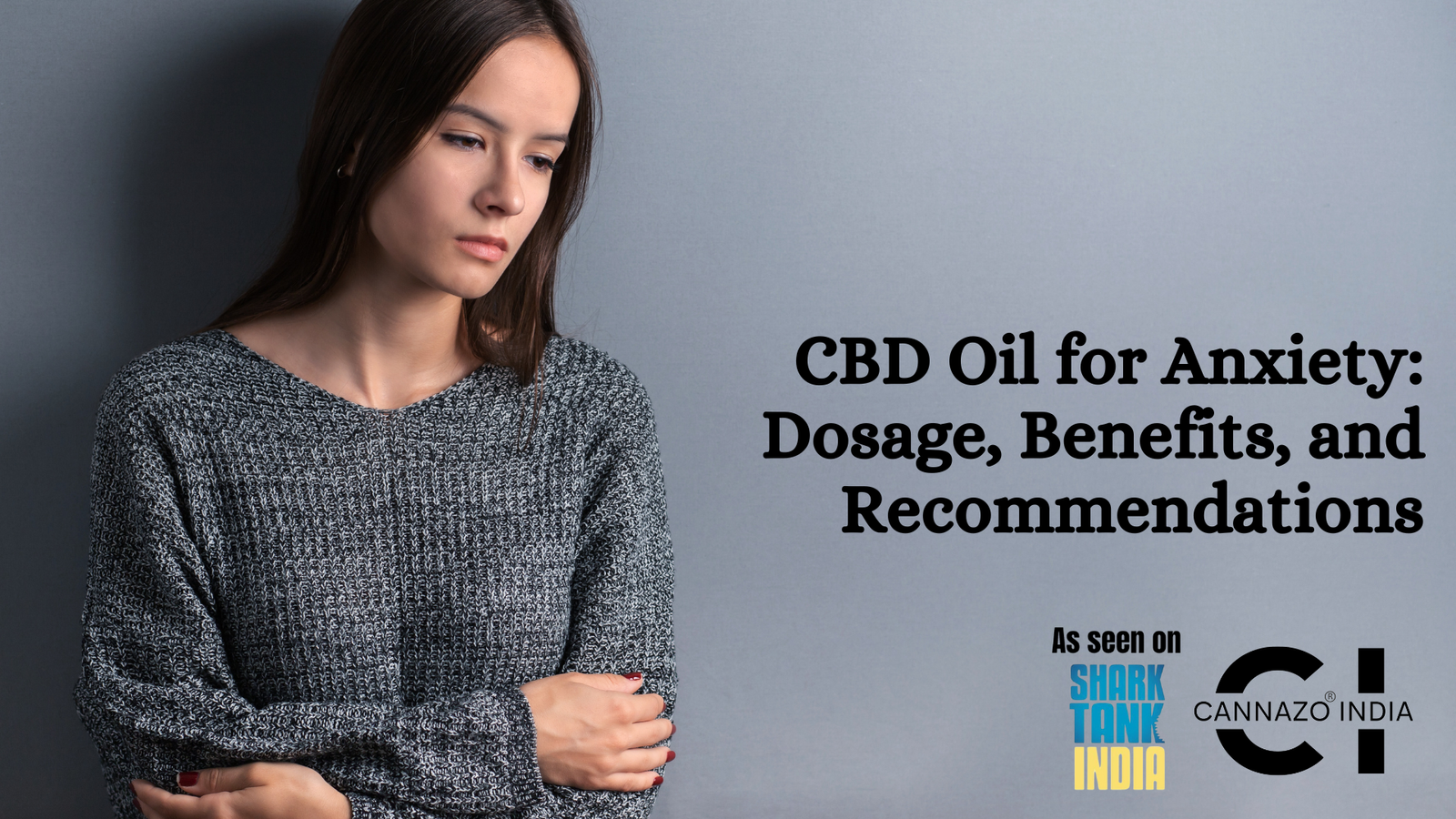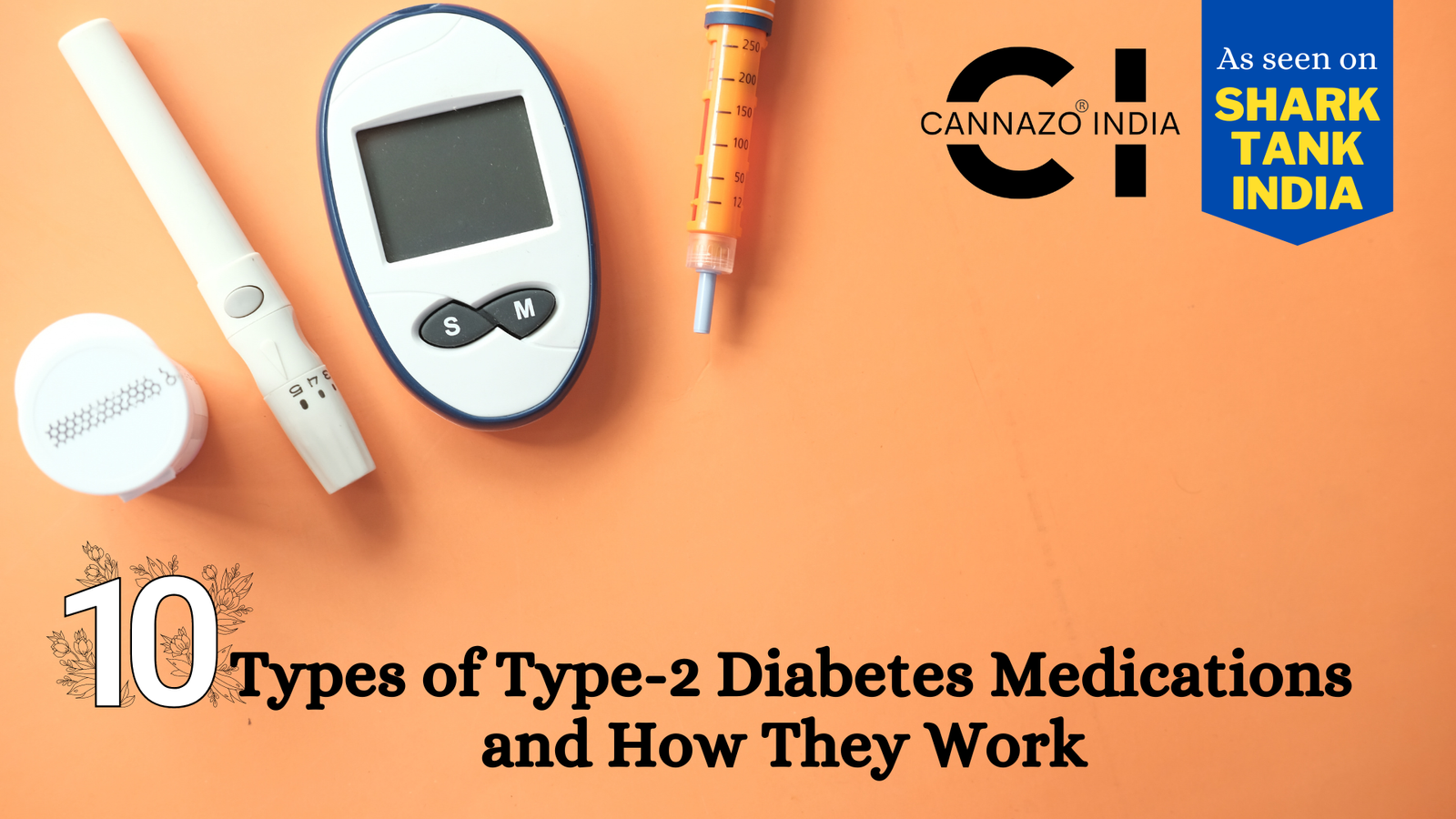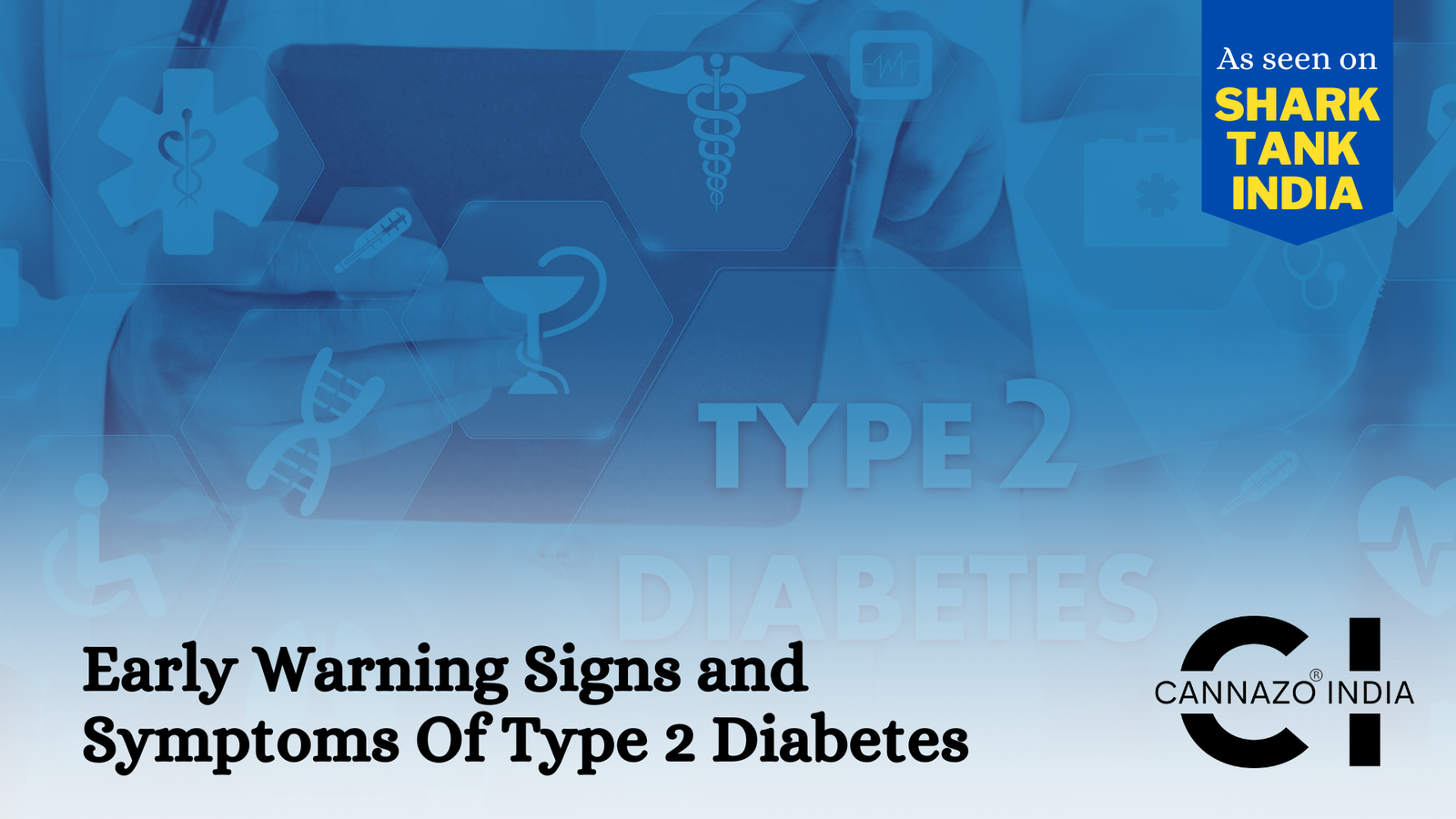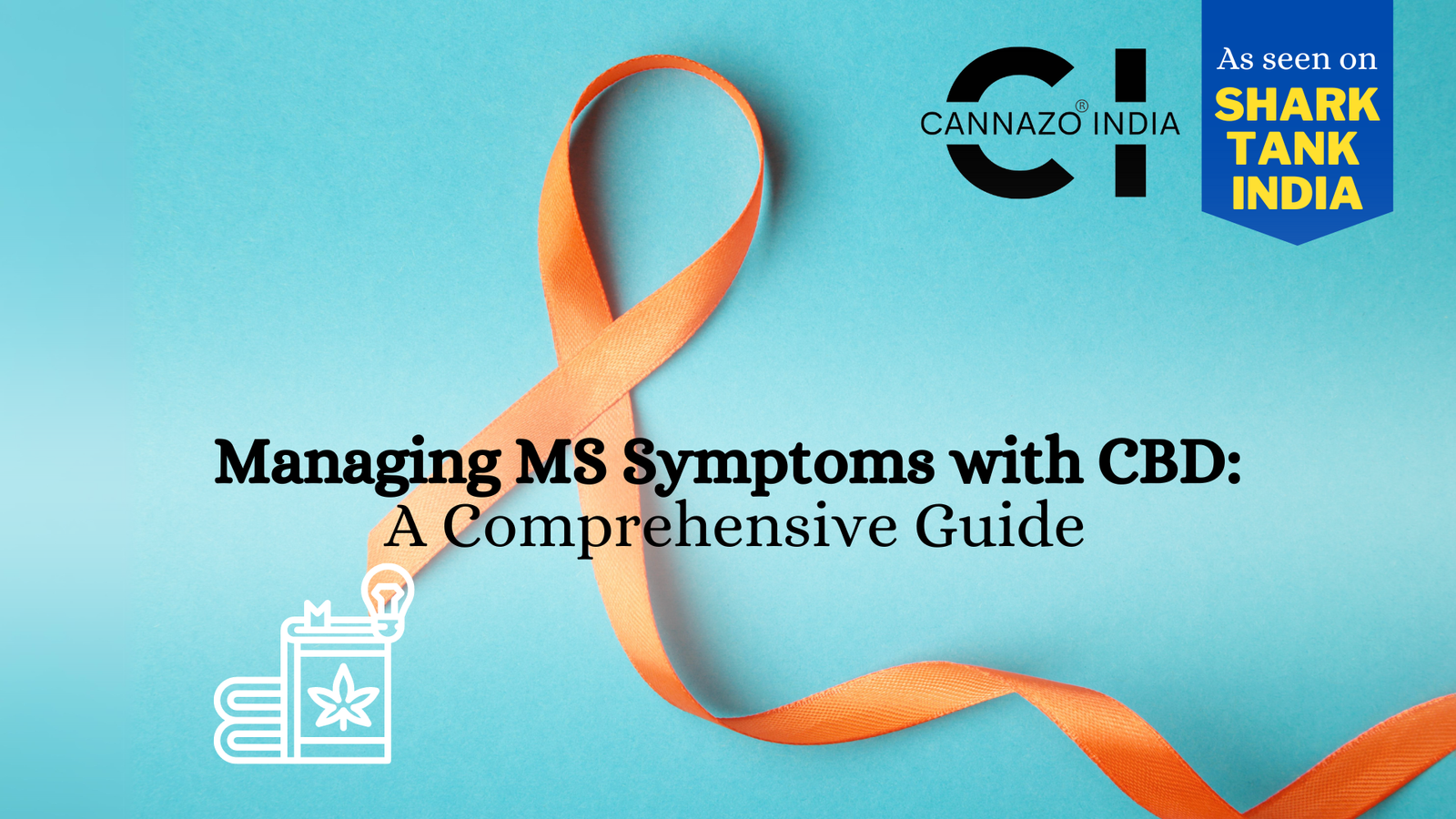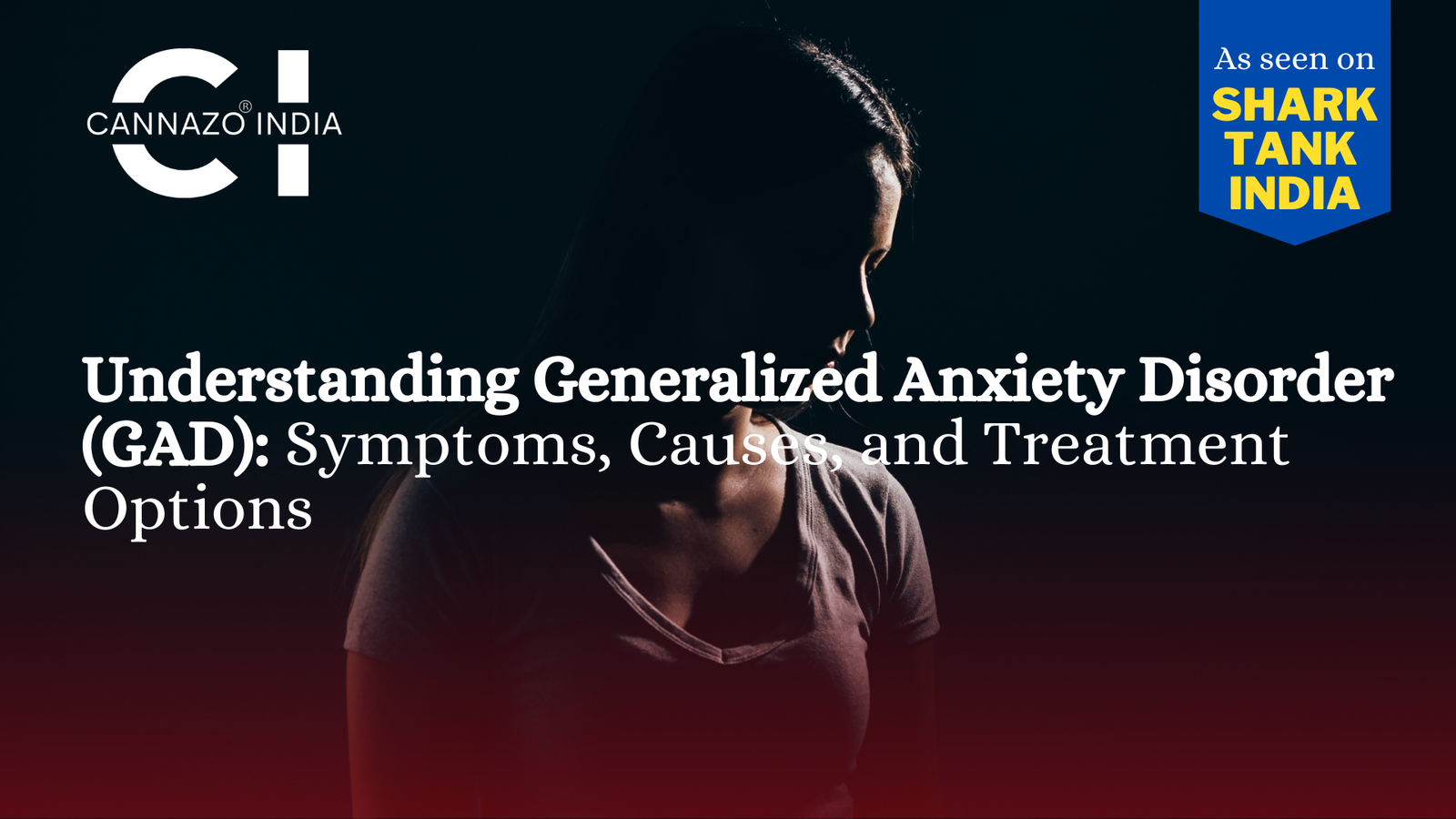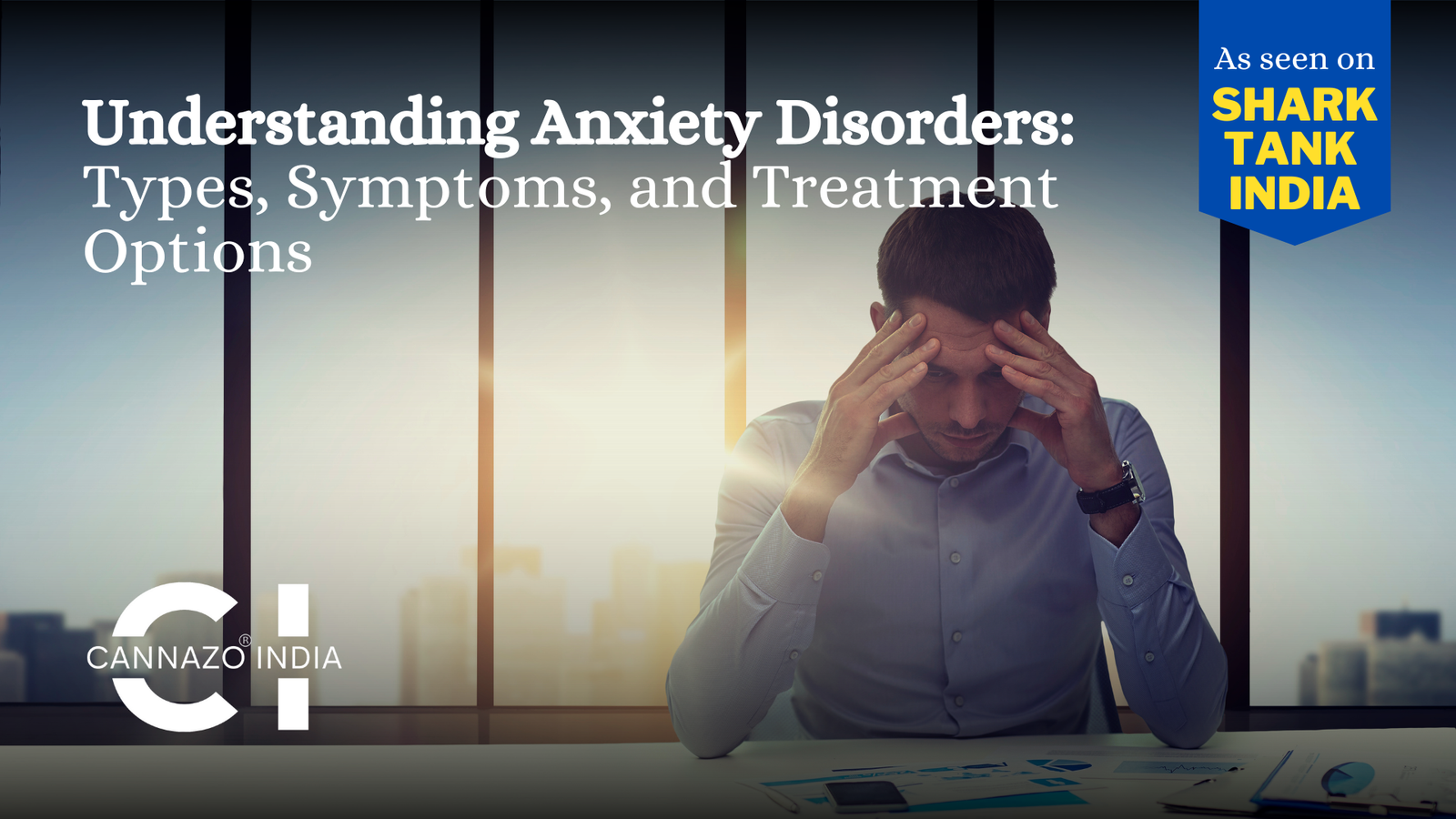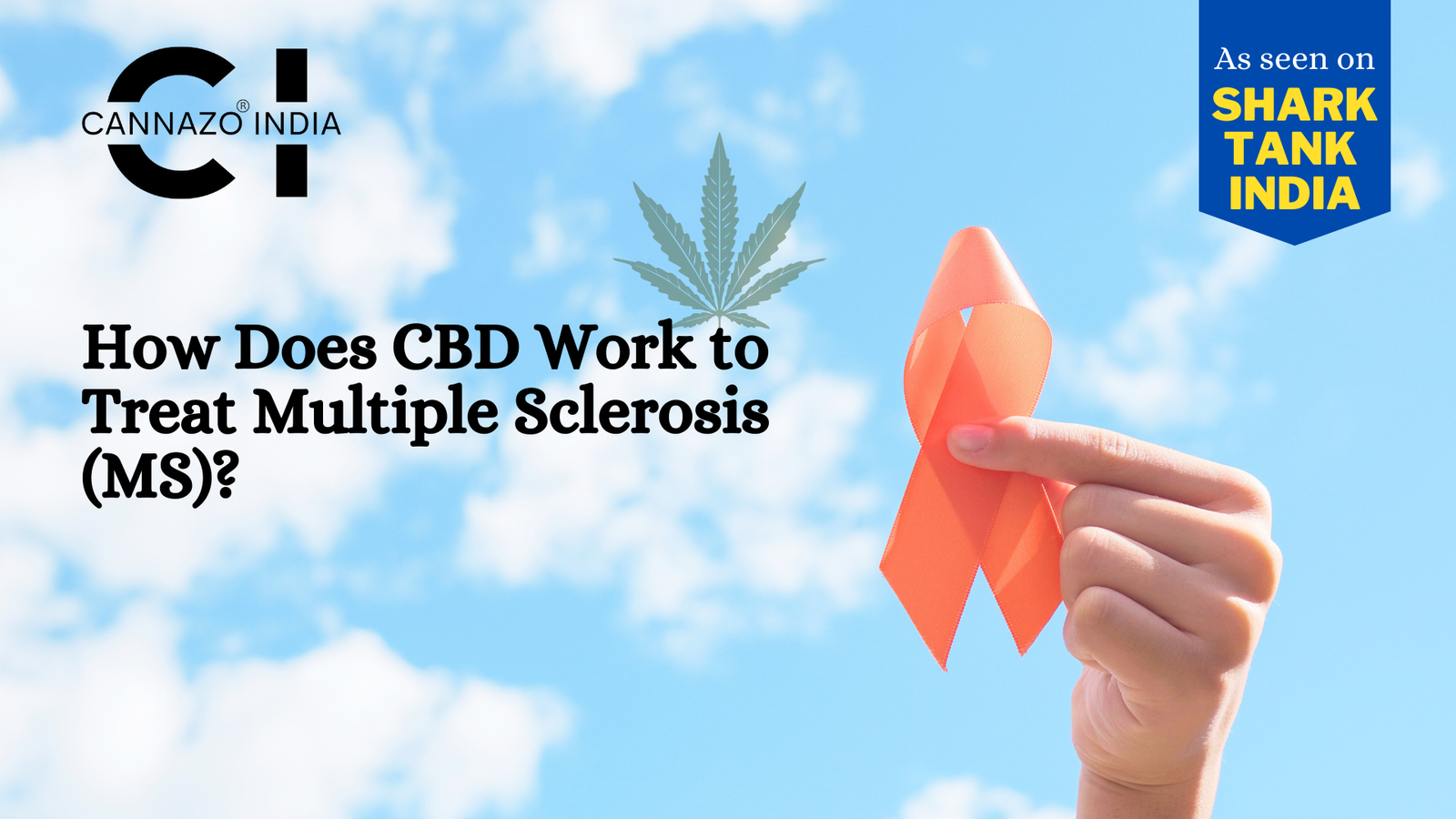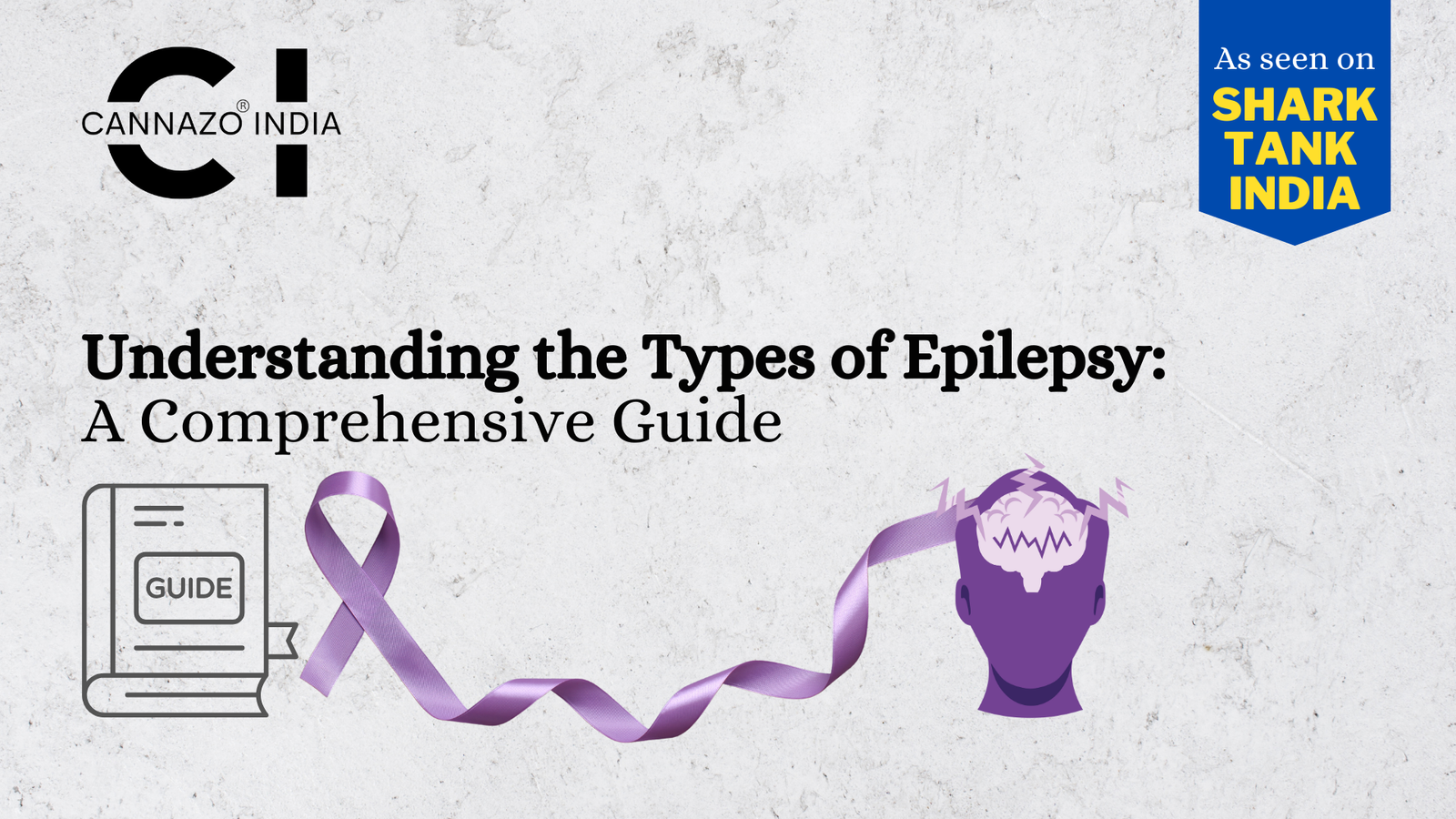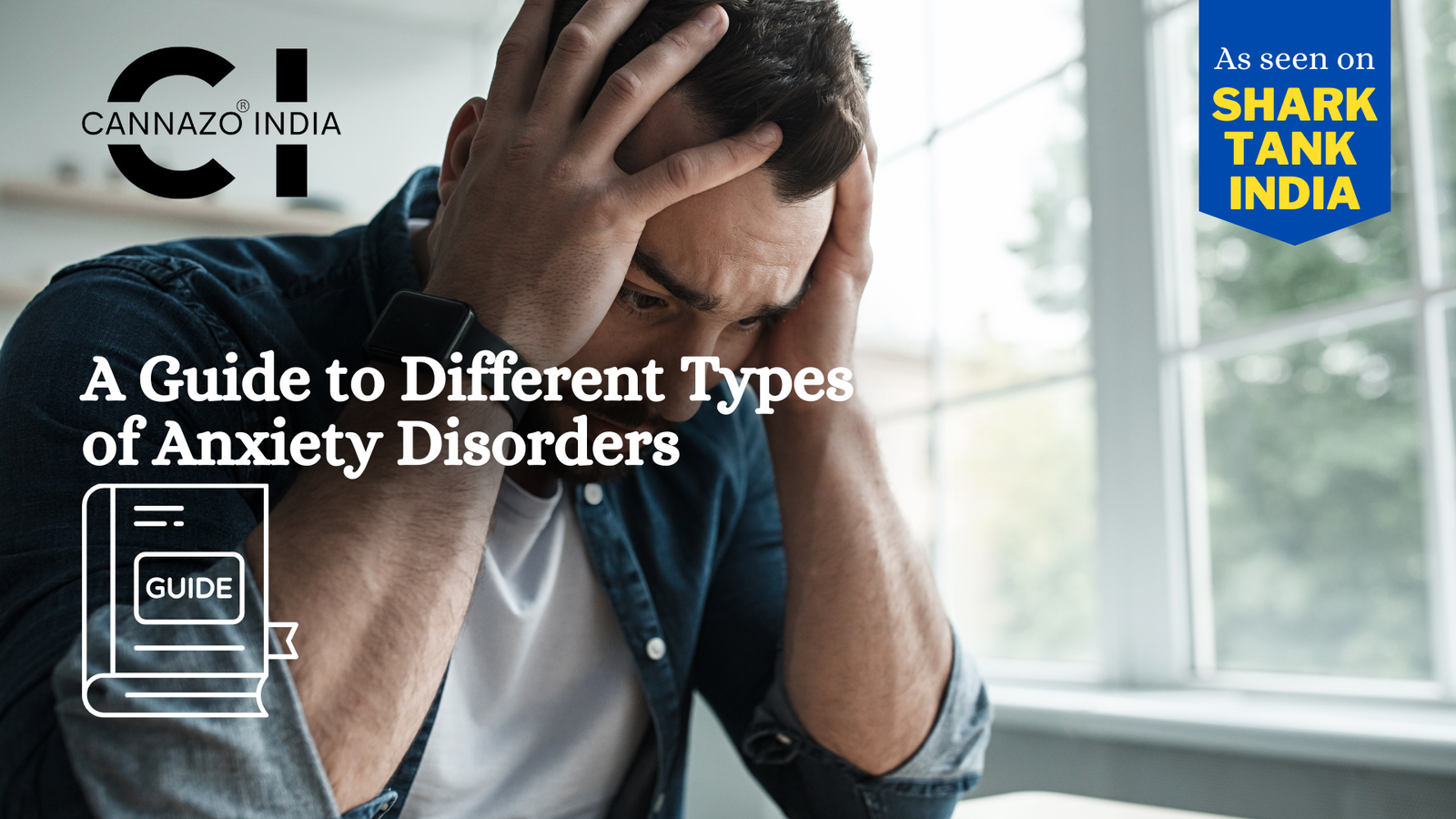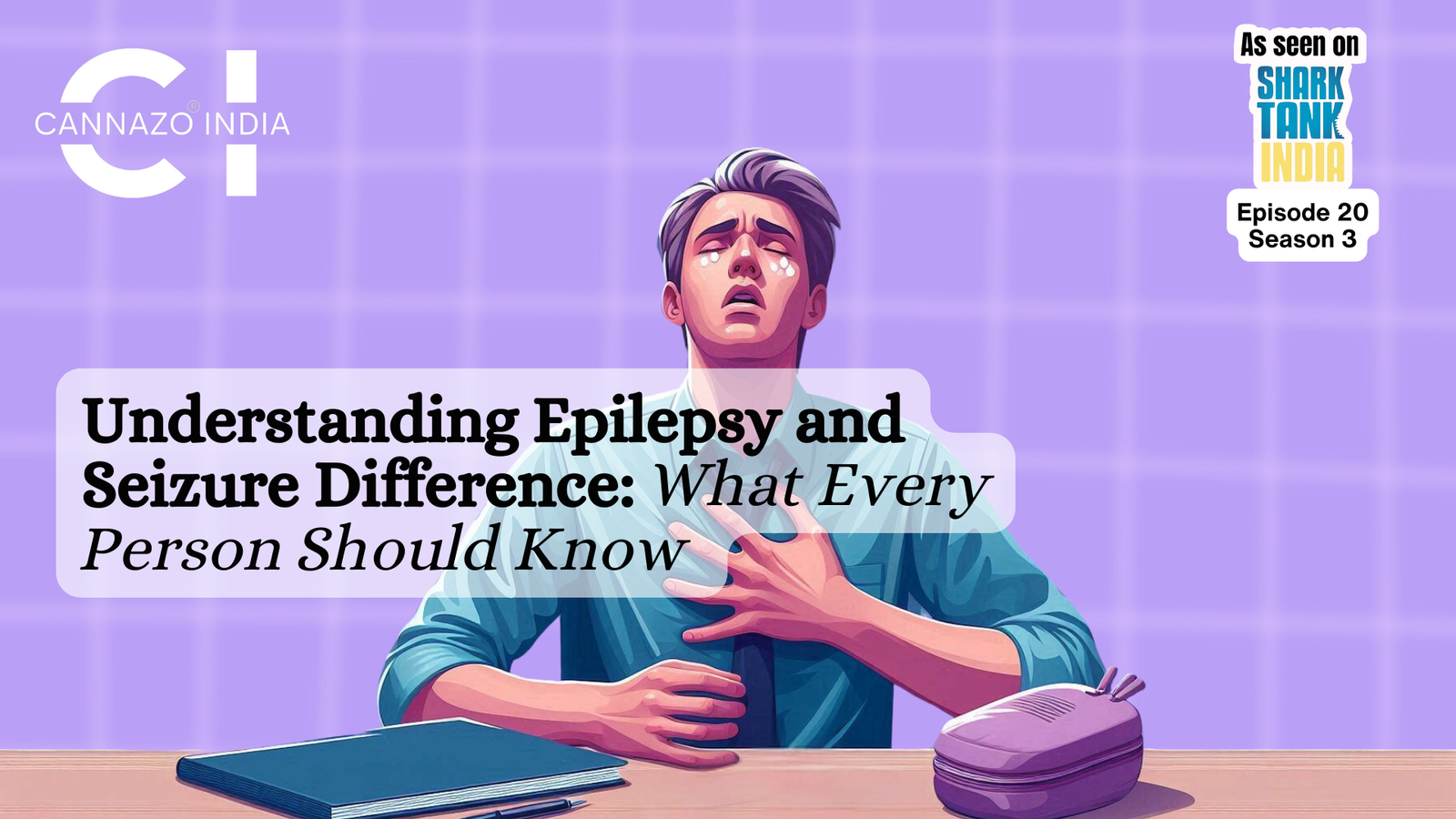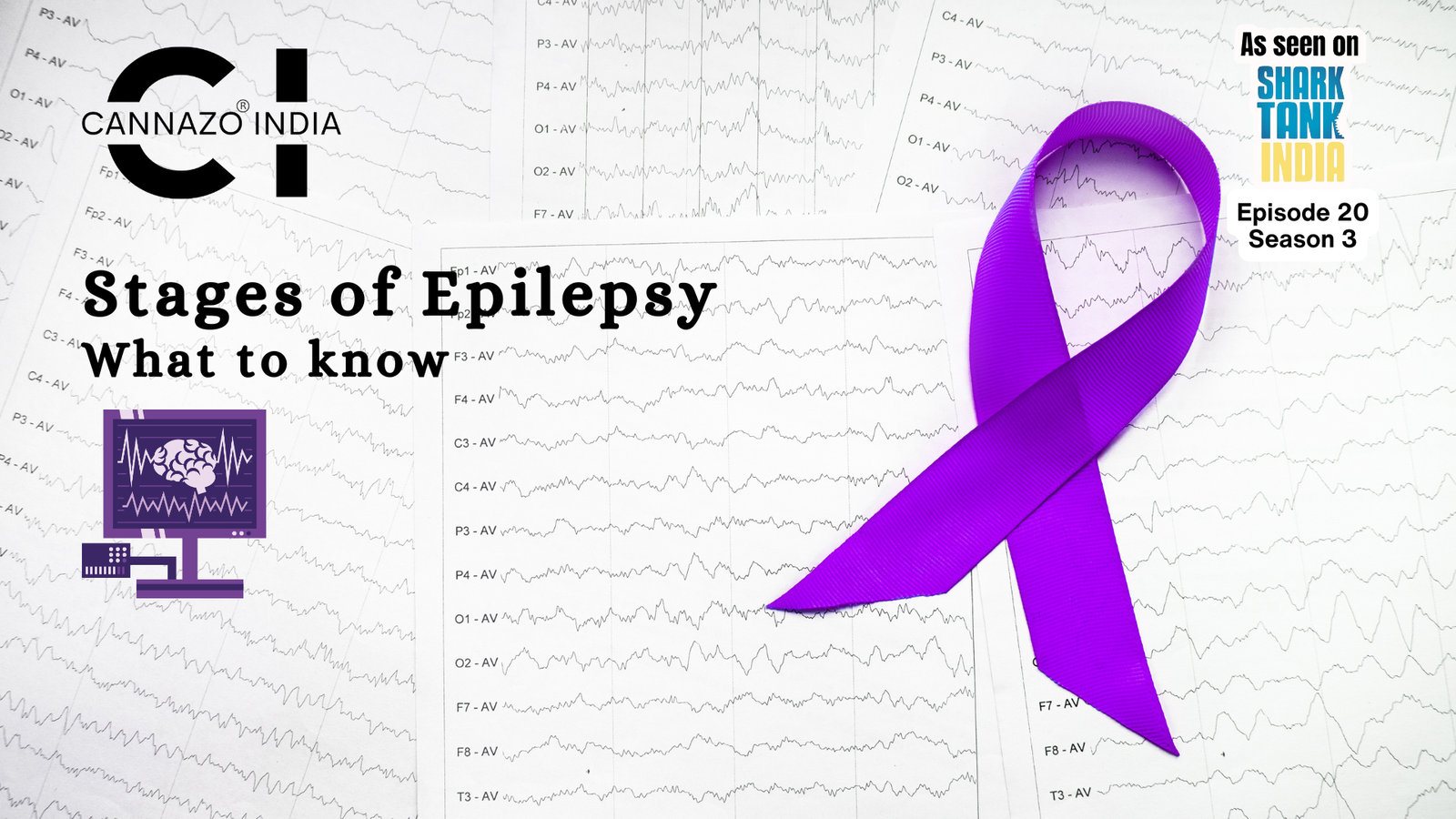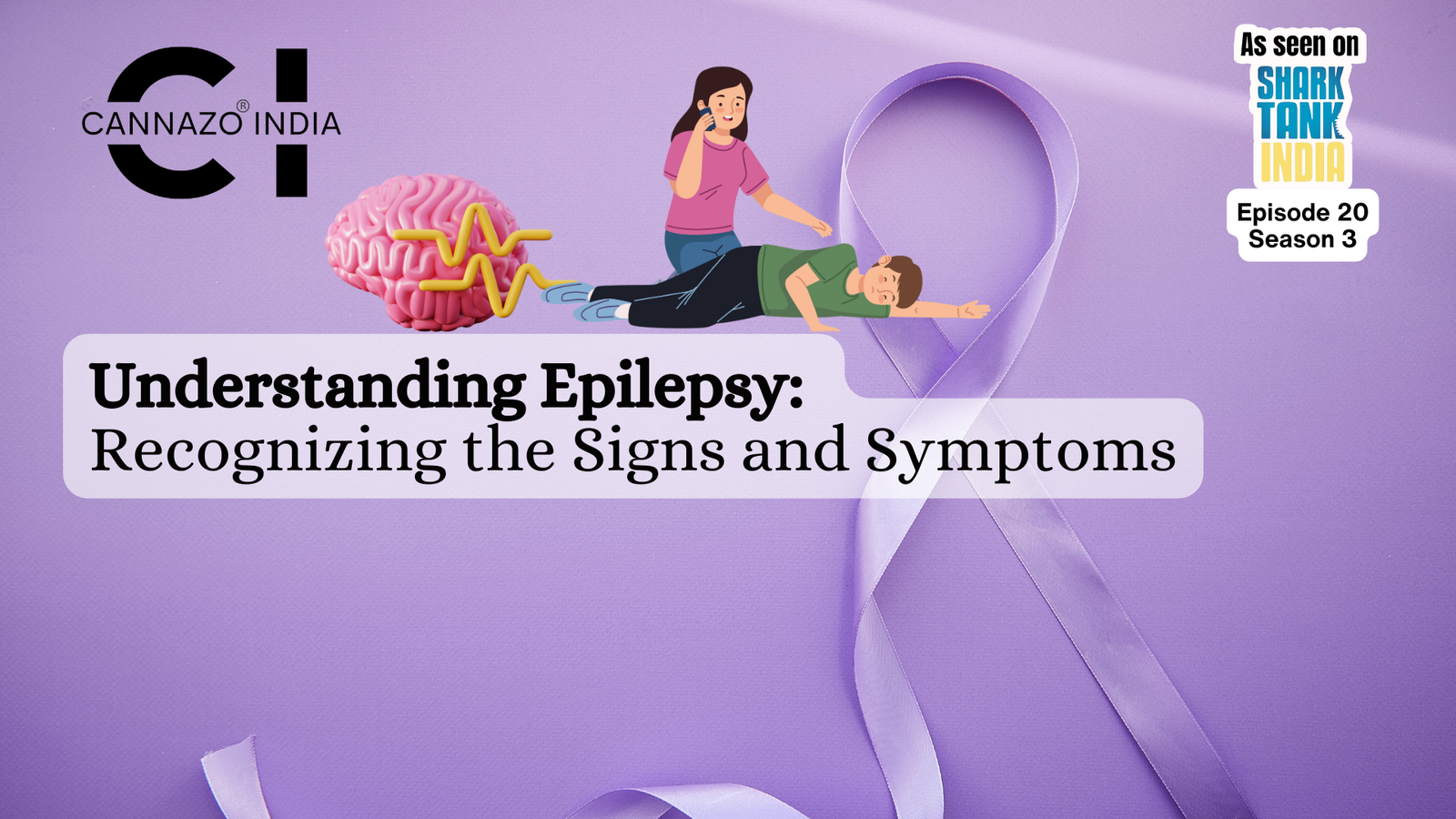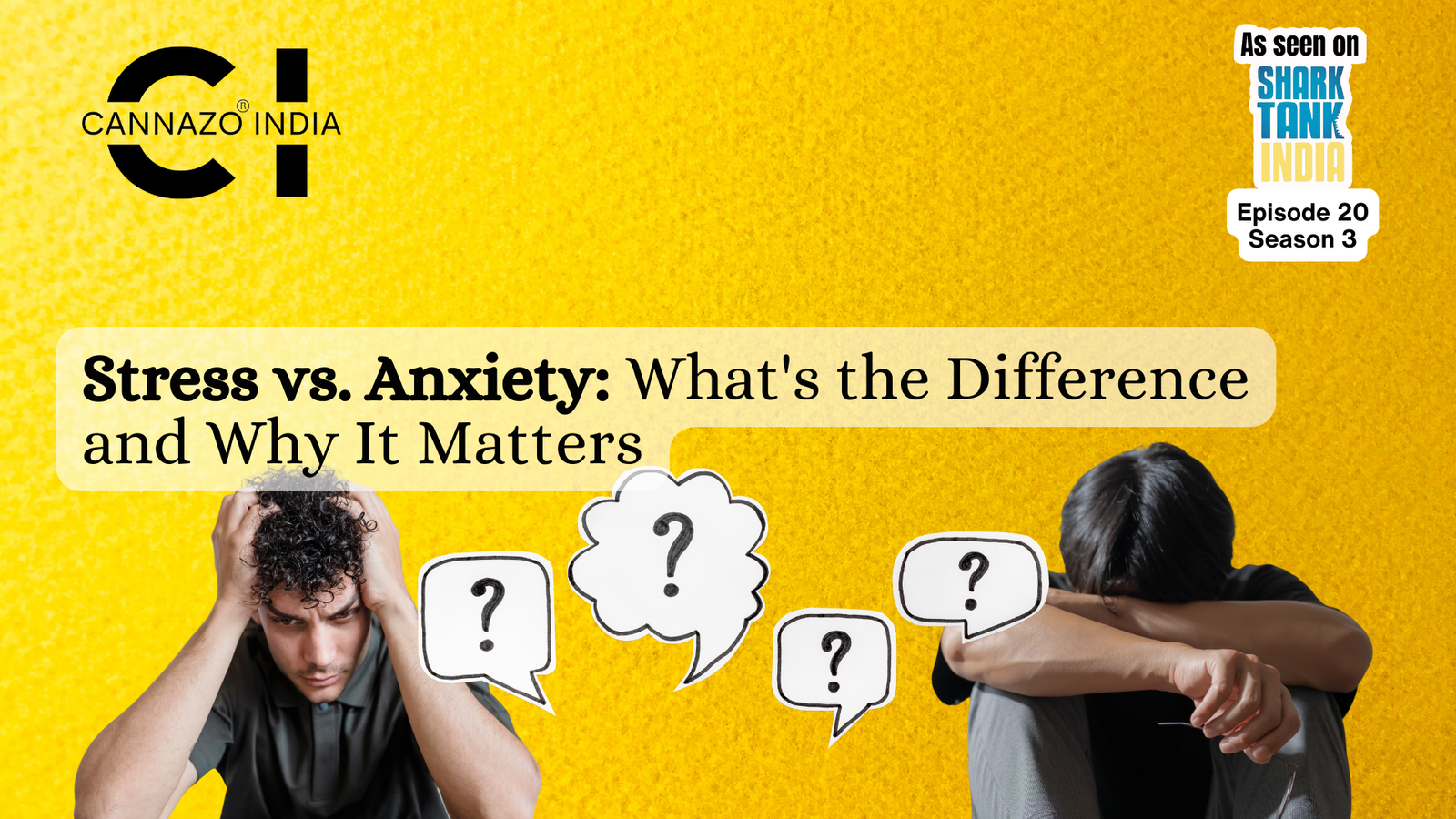What are Seizures?
Seizures are described as the individual occurrences of abnormal or unusual activity in the brain. When Seizures become a consistent problem, then the condition is called Epilepsy. Epileptic seizures can manifest in various forms, from convulsions to temporary loss of awareness or unusual sensations. Triggers for seizures are different from person to person which can include sleep deprivation, stress, flashing lights, and certain medications.
Types of Seizures
Seizures are broadly categorized into two groups:
- Generalized seizures involve both sides of the brain.
- Absence seizures involve fast blinking or staring, while tonic-clonic seizures cause sobbing, loss of awareness, falling, and tiredness and muscle spasms.
- Focal seizures are restricted to a particular brain region and can be simple (producing twitching or sensory changes) or complicated (which results in confusion or inability to react for a short period).
- Secondary generalized seizures begin in one brain region and spread to both sides.
Medical experts believe CBD can be especially effective for two types of epilepsy: Dravet syndrome and Lennox-Gastaut syndrome. These syndromes generally arise in childhood, are resistant to therapy, and involve symptoms such as seizures.
How does CBD Oil work for Seizures and Epilepsy?
Cannabidiol (CBD) is a non-psychoactive chemical derived from the cannabis plants. According to research, CBD may exhibit anticonvulsant properties by interacting with neurotransmitter pathways within the brain.
The proposed mechanism of action for CBD in seizure reduction is diverse. The endocannabinoid system (ECS), which is essential for controlling a number of physiological functions, such as excitability of neurons and release of neurotransmitters, is influenced by CBD. CBD, by modulating neurotransmitter signaling and reducing excessive neural activity, can help avoid the abnormal electrical discharges that cause epileptic seizures.
Additionally, CBD has anti-inflammatory and neuroprotective characteristics, which may contribute to its anti-seizure benefits.
How do I use CBD or CBD Oil to treat Seizures and Epilepsy?
It’s important to speak with a doctor before using CBD oil as a treatment for seizures. While CBD oil is typically safe, it may interact with other drugs, highlighting the importance of expert monitoring. It is critical to follow the approved medical regimen while consuming CBD oil.
This usually includes taking it sublingually, which means filling the dropper with the appropriate dosage, placing it beneath your tongue, and holding it there for 45 to 50 seconds, then swallowing the remains. This method permits the active substances to be absorbed swiftly into the bloodstream.
Considerations for Using CBD Oil for Seizures and Epilepsy
Medical History:
Understanding an individual’s medical history is crucial before starting CBD oil. It is important to disclose the medical past, current medical condition, medications, and supplements to tailor the treatment.
Dosage and Administration:
The typical clinical dosage of FDA-approved CBD for seizure treatment starts at 2.5 mg/kg twice daily, with a standard maintenance dose of around 5 mg/kg twice daily, according to international standards and research findings. Consultation with a healthcare professional is crucial for customized protocol.
Potential Interactions:
Research indicates that CBD interacts with medications such as brivaracetam, clobazam, and eslicarbazepine.
Monitoring and Adjustment:
For personalized treatment protocols in India, consult with a healthcare professional. Contact us at +91 9910556650 or book a consultation at https://cannazoindia.com/doctor-consultation/
Our experts offer monitoring and adjustment of treatment plans as necessary.
The Potential Benefits of CBD oil on Epilepsy and Seizure
- Reducing Convulsions (Seizures): CBD oil decreases the occurrence and intensity of seizures by altering brain receptors and ion channels that are involved in modulating neuronal excitability.
- Pain Relief: CBD oil targets brain’s pain receptors, giving relief without any euphoric effects.
- Protecting Neurons from Damage: CBD oil is neuroprotective. CBD, being an antioxidant is nature can reduce oxidative stress that usually causes brain harm during seizures.
- Regulating Brain Activity: CBD increases the GABA activity, the brain’s major inhibitory neurotransmitter, which reduces the excessive neuronal firing linked with seizures.
- Reducing Brain Inflammation: CBD reduces neuro-inflammation by binding to signaling molecules and immune cells, preventing seizure-induced damage and enhancing overall brain health.
This mechanism leads to CBD’s anticonvulsant properties and its therapeutic value in the treatment of epilepsy.
Where to buy CBD Oil in India for Epilepsy and Seizures?
Select CBD oil products that are made from premium quality hemp plants and put through strict testing for purity and potency to guarantee its safety and quality for treating epilepsy and seizures. Cannazo India’s CBD oil products, such as Vijaya Amrit and Placidiol, are extensively tested at authorized facilities to ensure premium quality. These products are licensed and approved in India under AYUSH.
Follow these steps:
- See a Physician To start, make an appointment with a physician or other medical cannabis specialist. Explain your case history and symptoms.
- Get your Prescription: As advised by your physician, get a prescription for CBD oil that is appropriate for your condition.
- Order: Once you’ve received your prescription, get CBD oil from a reputable brand. To achieve the best benefits, stick to the specified dosage.
For consultation, contact us at +91 9910556650 or book online through the provided link.
References:
- Pamplona, F. A., da Silva, L. R., & Coan, A. C. (2018). Potential Clinical Benefits of CBD-Rich Cannabis Extracts Over Purified CBD in Treatment-Resistant Epilepsy: Observational Data Meta-analysis. Frontiers in neurology, 9, 759.
https://doi.org/10.3389/fneur.2018.00759
- Silvestro, Serena et al. “Use of Cannabidiol in the Treatment of Epilepsy: Efficacy and Security in Clinical Trials.” Molecules (Basel, Switzerland) vol. 24,8 1459. 12 Apr. 2019, doi:10.3390/molecules24081459




